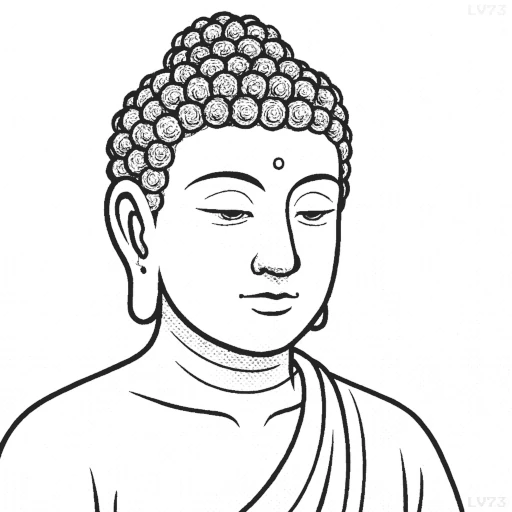“Virtue is persecuted more by the wicked than it is loved by the good.”

- 7th century BC to 5th century BC
- Indian
- Religious leader, thinker
table of contents
Quote
“Virtue is persecuted more by the wicked than it is loved by the good.”
Explanation
This quote suggests that those who embody virtue often face more opposition and criticism from those who are wicked or driven by negative intentions than they receive admiration or support from the good. It implies that virtuous behavior, such as integrity, compassion, and moral courage, can be seen as a threat by those who act with selfishness, cruelty, or deceit, as they feel exposed or challenged by the contrast of virtuous actions. The wicked may persecute virtue because it highlights their own flaws and forces them to confront their own wrongdoing. However, virtue’s value is not determined by the external recognition it receives, but by its inherent goodness and alignment with higher principles.
In modern life, this message serves as a reminder that doing what is right may not always lead to immediate approval or rewards, especially in environments where self-interest and corruption are prevalent. Virtue, whether in personal relationships, work, or social activism, can sometimes provoke criticism, opposition, or even active resistance. For example, an individual who stands up for justice in the face of widespread apathy or wrongdoing may face backlash from those who feel threatened by the changes. Yet, the quote emphasizes that the worth of virtue is not measured by popularity or ease, but by its intrinsic alignment with truth and goodness.
Historically, Buddha’s teachings focused on the importance of right action, morality, and compassion, often highlighting that those who follow the path of virtue might face hardship or misunderstanding from others. Persecution or opposition from the wicked was not seen as a sign of failure, but as a natural consequence of acting in alignment with universal truth. Buddha encouraged his followers to persevere on the path of virtue, knowing that the true rewards lie in spiritual growth and the eventual liberation from suffering, not in external approval or recognition.
Would you like to share your impressions or related stories about this quote in the comments section?




